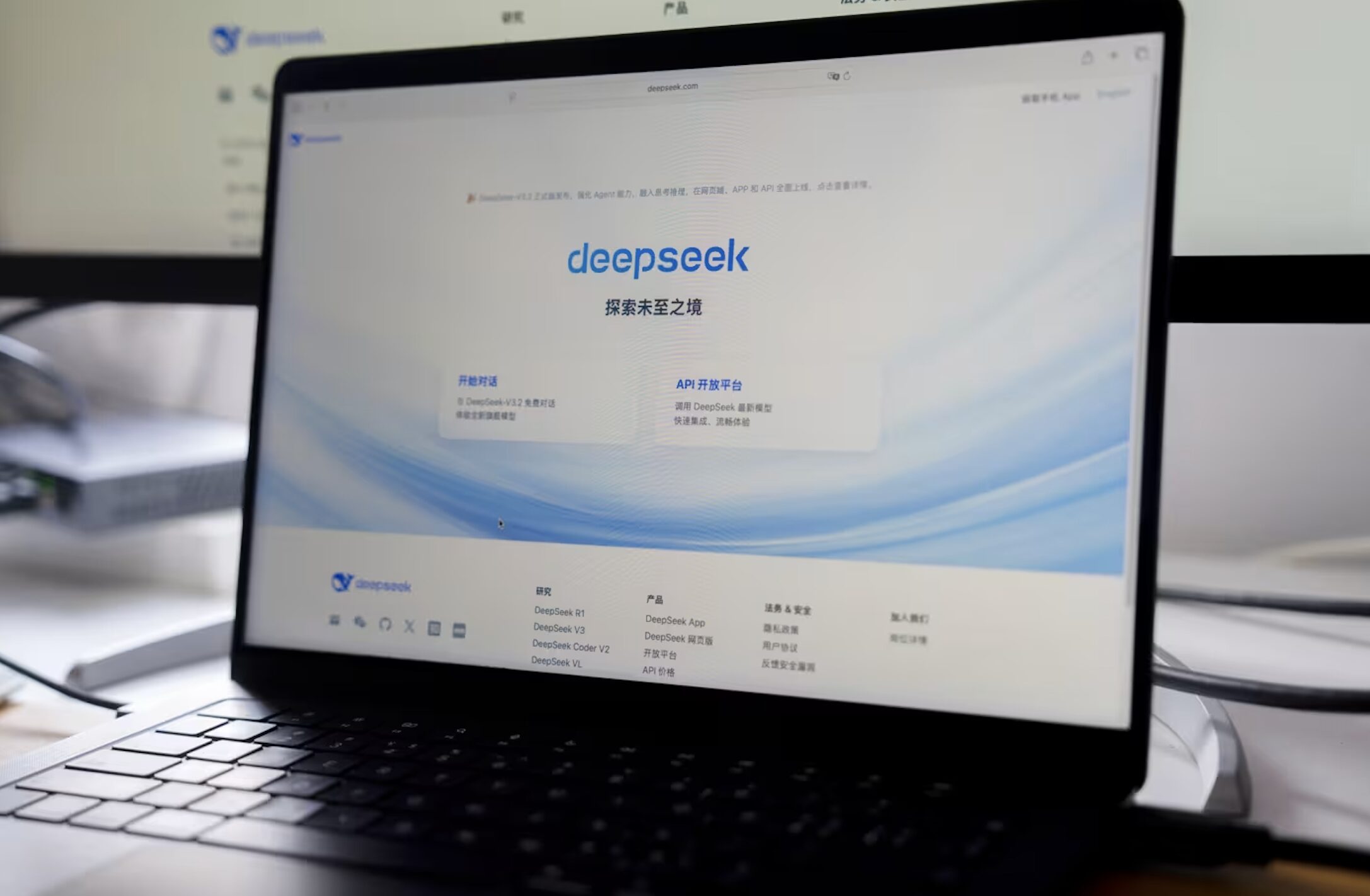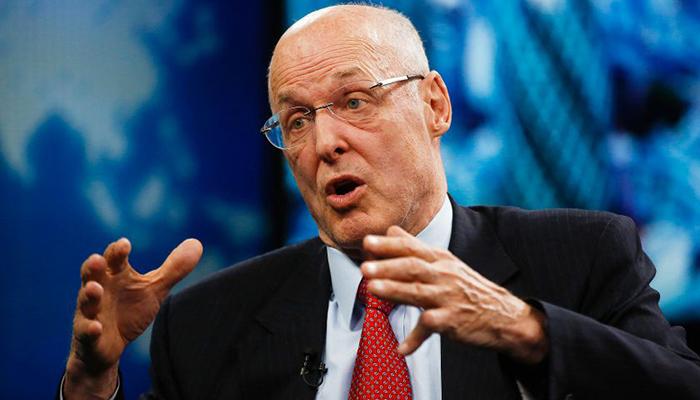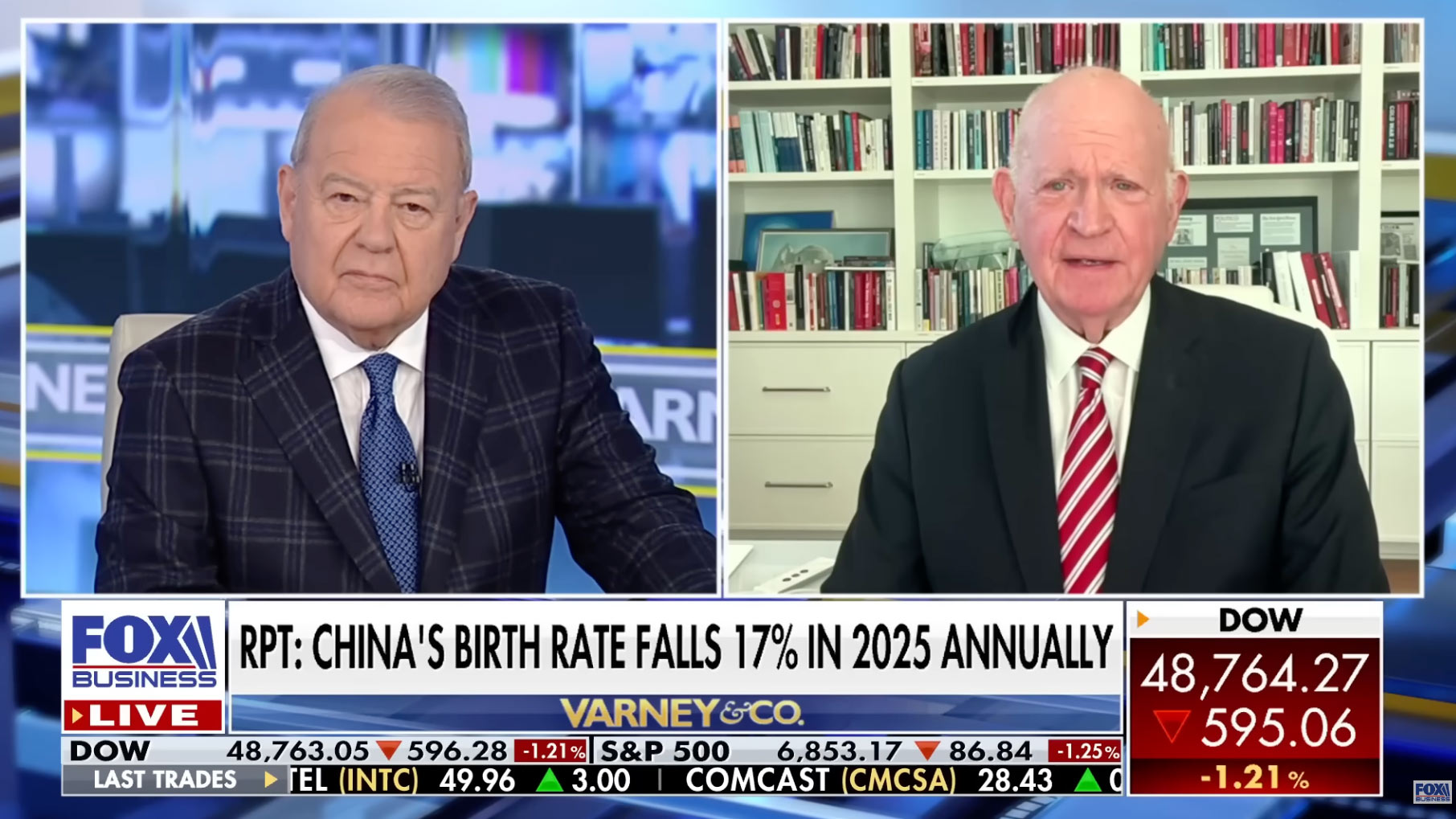
Chris Miller: What We’ve Learned from the DeepSeek AI Shock
One Year After DeepSeek, America’s AI Lead Still Holds When Chinese AI lab DeepSeek released its R1 reasoning model last year, markets panicked. Nearly $1…
Thought Leader: Chris Miller

By Scott Cendrowski (original source Fortune)
On the outskirts of Beijing, one of the biggest housing projects in the world is taking shape. Two hundred acres of apartments are being tailored for low-income residents priced out of the center of the 22-million-person capital city, with construction slated for completion next year. The $1 billion project, BeiAnHe (“North Peaceful River”), may become a model for the rest of China, where some 300 million people will move from the countryside to cities during the next two decades. But it’s also a proving ground for Hank Paulson and his efforts to improve relations between the U.S. and China.
The Paulson Institute, a nonprofit founded in 2011 by the former Treasury secretary and Goldman Sachs GS -1.28% chief executive, has connected American and Chinese businesses to work toward a common goal: improving energy efficiency in China. Last year at the institute’s inaugural U.S.-China CEO Council for Sustainable Urbanization, which brought 16 CEOs to Beijing, Dow Chemical DOW -0.43% and the China State Construction Engineering Corp. (CSCEC) forged a relationship through which Dow is helping make BeiAnHe a “green” project. And Paulson expects such partnerships to snowball. “Business has been the ballast” of U.S.-China relations, he tells Fortune. When diplomacy is tense, he says, he wants his CEO council to both pursue sustainability and “deepen the relationship.”
Click here to read more
Chris Miller: What We’ve Learned from the DeepSeek AI Shock
One Year After DeepSeek, America’s AI Lead Still Holds When Chinese AI lab DeepSeek released its R1 reasoning model last year, markets panicked. Nearly $1…
Thought Leader: Chris Miller
Michael Pillsbury: Why U.S. Control of Greenland Deters China and Russia
Fox News contributor Michael Pillsbury discusses President Trump’s focus on Greenland, explaining its strategic importance for missile defense and China’s declining birth rates on ‘Varney…
Thought Leader: Michael Pillsbury
Joseph Grogan: Why Greenland Is a U.S. Security Priority
“The Europeans and Denmark have done nothing to strengthen Greenland’s defences.” Donald Trump is focused on Greenland as a national security priority and believes Europe…
Thought Leader: Joseph Grogan

